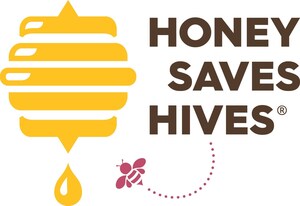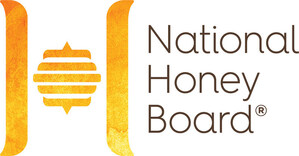
Commercial Processing Does Not Negatively Impact the Nutrient Content of Honey
FIRESTONE, Colo., April 19, 2013 /PRNewswire-USNewswire/ -- It is widely believed that raw honey is nutritionally superior to processed honey, largely because processing removes most of the pollen. However, research being presented at the Federation of American Societies for Experimental Biology (FASEB) Conference in Boston April 20-24 indicates that while processing does remove the pollen from honey, it does not negatively affect the nutrient content or antioxidant activity.
Researchers selected five random samples of raw honey from a total of twenty-two, 55-gallon drums of canola honey from Canada. The twenty-two drums were then blended and processed using standardized commercial processing techniques (which included filtering with diatomaceous earth) and two additional random samples were selected (processed honey). All samples were analyzed for micronutrient content (e.g., calcium, magnesium, potassium, vitamin B12), hydro- and lipophilic antioxidant capacity and pollen content. The results showed that processing significantly reduced the pollen content of the honey, but did not affect the nutrient content or antioxidant activity, leading the researchers to conclude that the micronutrient profile of honey is not associated with its pollen content and is not affected by commercial processing.
According to David Ropa, one of the lead researchers for the study, "Honey is made when the nectar and other sweet deposits from plants are gathered, modified and stored in the honeycomb by honey bees. Pollen can get transferred into the honey during this process; however, honey is not produced from pollen; it is produced by the use of nectar. Because the levels of pollen vary so greatly from one honey sample to the next, pollen levels are not a valid indicator of honey quality."
The study was funded by the National Honey Board, coordinated by Ropa Science Research and presented at the conference by Dr. Katherine Beals, a consultant for the National Honey Board. The study is available on the National Honey Board's website, www.honey.com.
The National Honey Board is a federal research and promotion board under USDA oversight that conducts research, marketing and promotion programs to help maintain and expand markets for honey and honey products. These programs are funded by an assessment of one cent per pound on domestic and imported honey.
SOURCE National Honey Board






Share this article